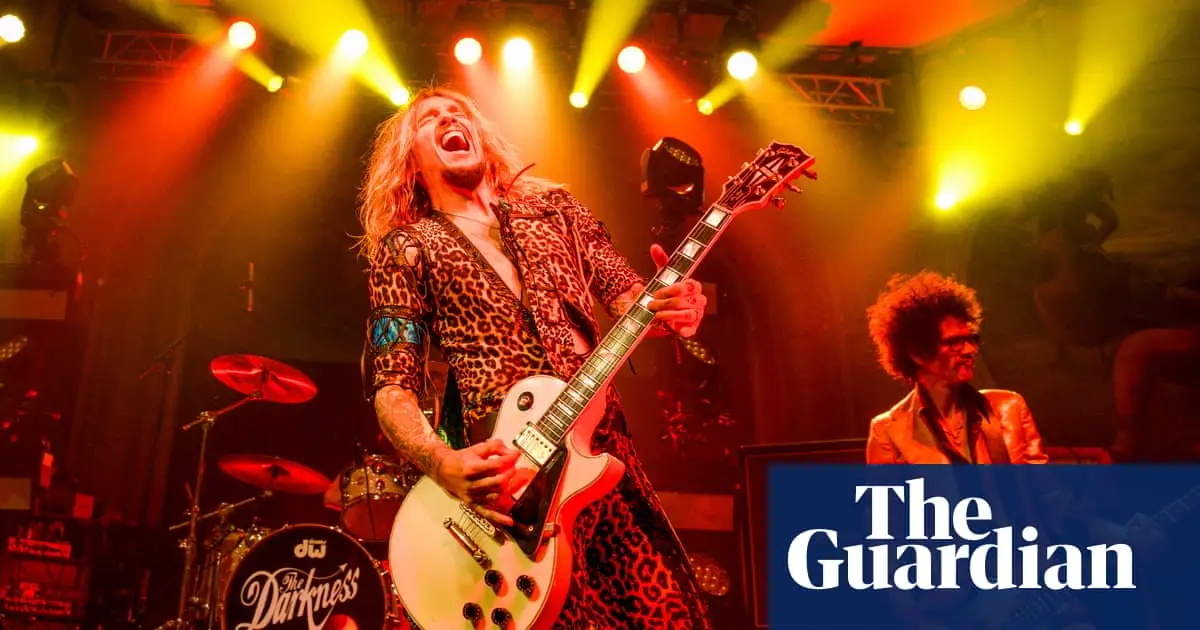From tiny coffee shops where folkies sway to acoustic guitars and mandolins, to thronging dark halls where bodies collide as metal bands and hip hop artists dominate the stage, live music can be heard seeping out of venues across Portland on almost any given night.
The city is known for its fiercely self-sufficient music scene, where local venues keep ticket prices low and artists experiment for curious audiences. It’s also the only major US city without a venue owned or operated by Live Nation, the controversial entertainment conglomerate that dominates the US concert-going experience.
That could all be about to change. Over the past several months, Live Nation has made significant inroads toward its first Portland conquest. It appears poised to operate a proposed 3,500-capacity venue, planned for a long-vacant site across the Willamette River from Portland’s downtown. To get here, it has won over a small developer and many city officials.
“[It] would be a death sentence for the music scene,” says Colescott Rubin, a jazz bassist who got his start busking on streets and booking shows in Portland as a teen. Thanks to Portland’s independence, he says, “you can talk with the people who are calling the shots on the spaces you’ll be performing in directly.” The arrival of Live Nation, he and others in the city’s music scene fear, would send Portland the way of cities such as Austin and Boston, where independent venues have shuttered and local journalists and musicians have lamented the corporatization of scenes that once felt organic and unstoppable.



Eugene?